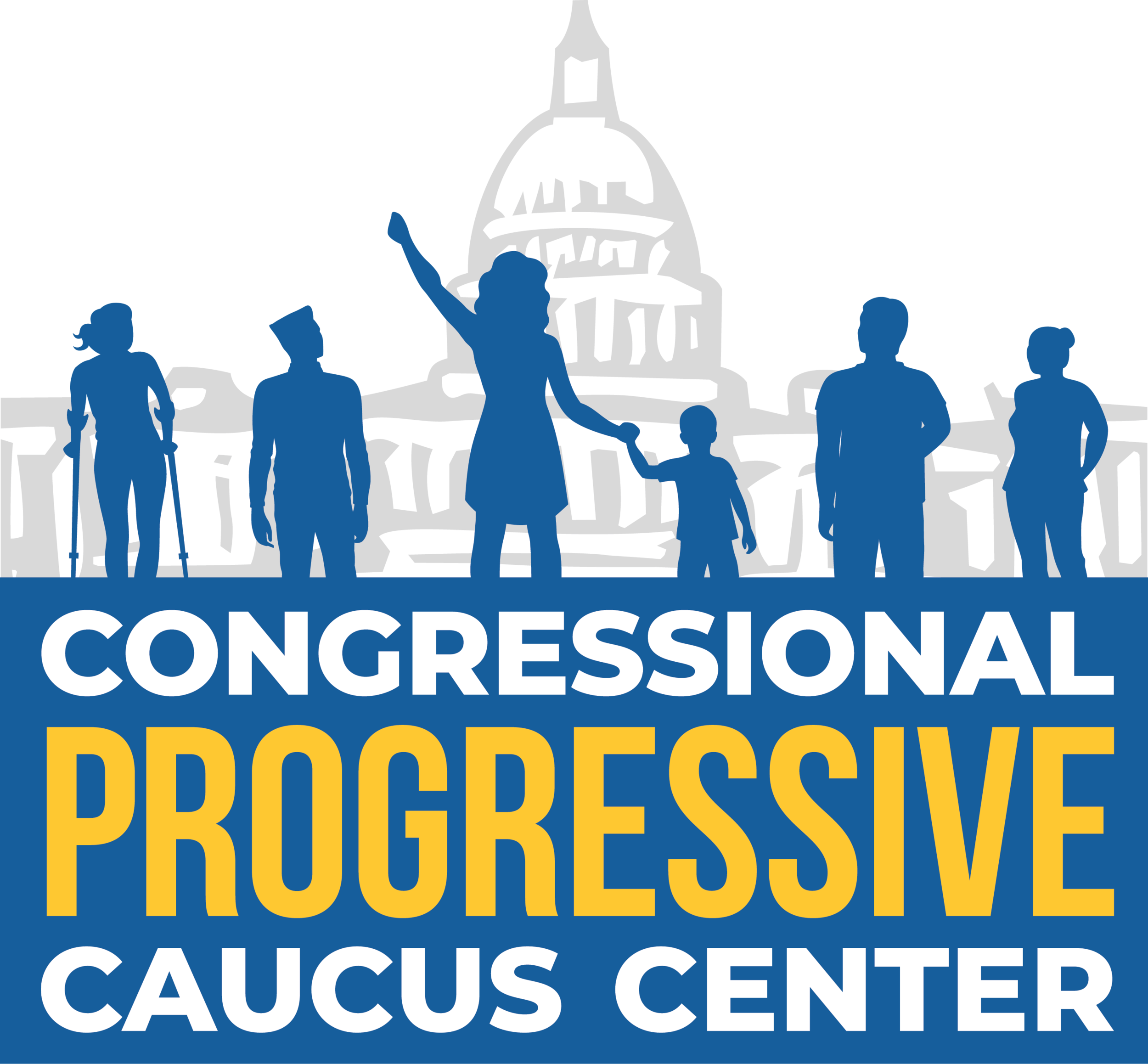October 1, 2024: The Lame-Duck Session: What to Expect When Congress Returns
The Lame-Duck Session: What to Expect When Congress Returns
Before heading home for a month-long recess last week, Congress narrowly avoided a government shutdown, passing a continuing resolution (CR) to fund the government through December 20, 2024. Below is a quick rundown of what to expect when lawmakers return to DC in November.
Hurricane Helene’s Impact
The devastation caused by Hurricane Helene has underscored the urgency of disaster relief funding. Although a potential $10 billion increase to FEMA’s disaster relief fund was left out of the CR, lawmakers will likely revisit this topic when they return. Lawmakers from impacted states, like Senator Rick Scott (R-FL), have called for immediate action to pass an emergency aid package to deal with Helene's aftermath, while President Biden has suggested he may ask Congress to come back to DC to approve disaster relief. FEMA Administrator Deanne Criswell indicated that while the agency currently has sufficient resources to handle immediate disaster responses, they are delaying funding for other critical recovery projects.
As a reminder, the Helene recovery effort is not the only one in need of resources: Congress still hasn’t approved relief funds for other recent disasters, including Hawaii wildfires and the collapse of Baltimore's Francis Scott Key Bridge.
What to Expect in the Lame-Duck Session
While a recess session to respond to Hurricane Helene isn’t certain, we do know Congress is scheduled to reconvene on November 12. Once back in session, they’ll have several pressing items on the agenda:
Appropriations Bills: Congress must pass a full-year omnibus spending package or another CR to avoid a funding lapse after December 20. The outcome will likely be influenced by the November election results—meaning, any stakeholders poised to gain power in January may wish to delay major decisions until that point to maximize their role. If a deal can't be reached, a further extension of the CR into 2025 is possible.
Disaster Relief Package: Again, Hurricane Helene caused widespread devastation across Florida, Georgia, and North Carolina, with over 100 lives lost. This disaster has intensified the need for additional FEMA funding, with President Biden considering calling Congress back early to pass a supplemental disaster aid package. If that doesn’t happen, disaster relief will be a top priority for the lame-duck.
National Defense Authorization Act (NDAA): Congress usually aims to pass the NDAA before the end of the year, authorizing military funding and policies for the next fiscal year. The House bill, passed in July, includes extreme provisions that the Democratic Senate and White House won’t approve. This leaves the short November and December sessions to iron out a final bill that can make it through both chambers.
Farm Bill: The Farm Bill—already a stopgap following a 2023 expiration date—expired on September 30. It governs a range of programs from food assistance (SNAP) to agricultural subsidies, and negotiations on its reauthorization are ongoing. If a long-term deal—typically, five years—remains out of reach, another short-term extension could be necessary.
Debt Limit: While not immediately pressing, the specter of the debt limit looms. The Treasury Department will begin deploying extraordinary measures on January 2, 2025, following expiration of the current debt limit suspension at midnight on January 1. The exact timing of a government default depends on federal revenues and spending, but it’s expected that the limit could be reached in mid-2025. Congress could opt to address the debt limit before the end of this year, rather than scramble to avoid a default just before the deadline—but, if history is any indication, the latter may be more likely. You can learn more about the last debt limit crisis here.
We’ll continue to keep you updated on these critical decision points. Folks can find our previous updates and sign up for future ones here. We appreciate your helping spread the word about our Unrig the Rules program to keep stakeholders informed about what’s happening in Congress and what it means.

